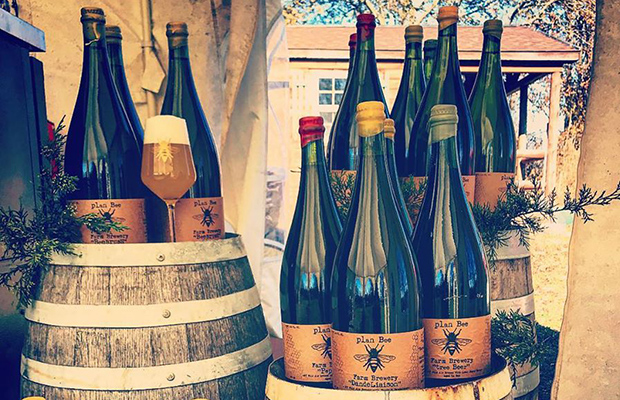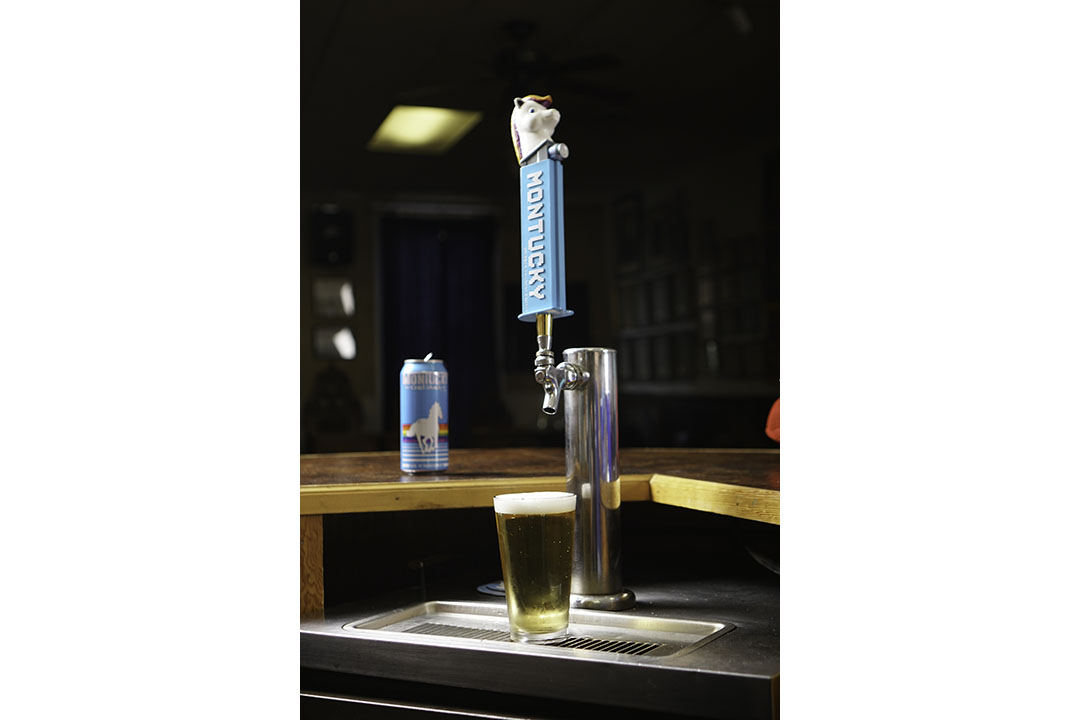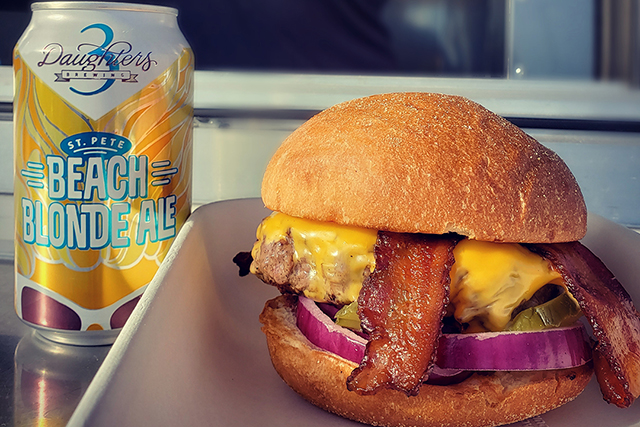
As the pandemic wreaked havoc to on-premise sales for breweries and many efforted to sell brands online, usually with the ability to ship beer within the state they are located.
Another option is working with third-party shippers, like Washington’s Tavour. Many websites like Tavour have seen upticks in sales as consumers are moving their eyes to websites as a way to browse for new beer brands rather than at a stove shelf or taproom list.
Plan Bee Farm Brewery in Poughkeepsie, New York sells some of its brands through Tavour. Co-founder and owner Emily Watson explained that the brewery — which produces around 500 barrels per year — sees online sales like this can help bring the brewery’s beer to people both after they have visited or to entice them to want to travel to visit.
Tucker Kalberg of Bozeman Brewing definitely sees it as a financial gain because of the size a company like Tavour can order, even once or twice a year.
Plus, since the Montana brewery needs to spend the money and do the paperwork to be able to ship the beer to Seattle, Bozeman is taking advantage of the opportunity to begin limited direct distribution to bottle shops in and around Seattle to further make licensing and other costs associated with selling in Washington more profitable.
“It works great for us to build brand awareness outside of Montana,” said Kalberg, the brewery’s GM. “We are only distributed across our home state but are such a tourist destination that it helps us get a head start on their buying habits once they come for a visit.”
The advertising aspect also generates some added sales volume and dollars.
“It helps us satisfy the need to do interstate commerce for trademark protection,” Kalberg added.
Megan Birch, Marketing Manager at Tavour said that the retailer works with around 600 independent craft breweries. A ’ship to retailer license’ in the state of Washington is around $300 a year.
”Once we have that, we facilitate pick up from their brewery for the beers that they decide to send us,” she said. Volume usually is not dictated.
“It could be 10 cases or 200 cases, we do not have any minimums and we will take whatever great beer we can get our hands on,” Birch said. ”Once we have the beer we taste it, create a writeup about it, and share it on our app for our members to purchase if they choose to.”
Watson said that Tavour approached Plan Bee a few years ago and asked if it might be interested in sending some beer.
”After talking about their practices, we started shipping beer to them,” Watson said. ”We are a very small brewery so styles are limited in quantity. When Tavour needs more beer, they ask me what I have available. I send them a list with maximum quantities I can let go. They respond with an order based on their needs.
”We ship the beer by freight out to them in Washington. It is a back and forth between us to determine what styles and how much of each based on availability and their capacity to move the product. Much like any wholesaler relationship.”
Selling wholesale and through distribution can eat away at profit margins. So Plan Bee takes inventory monthly and based on what is in stock Watson said they determine how much can go out and how much is needed to hold back for on-site.
”With COVID, we were able to do curbside sales but we did reach out to Tavour and ask for their help in moving some of our inventory so we could get cash in the door at a time when our retail was slow,” Watson said. ”It is a balancing act that I always have my pulse on and determine my goals monthly. Sometimes I reach out to Tavour, sometimes they reach out to me. It is a month-by-month process.”
They have NET15 terms, and Tavour pays Plan Bee directly after the beer is picked up.
“Tavour pays for the freight costs and we lose about 30% of our profit margin by selling wholesale,” Watson said. “It is profitable for us, definitely.”






Be the first to comment